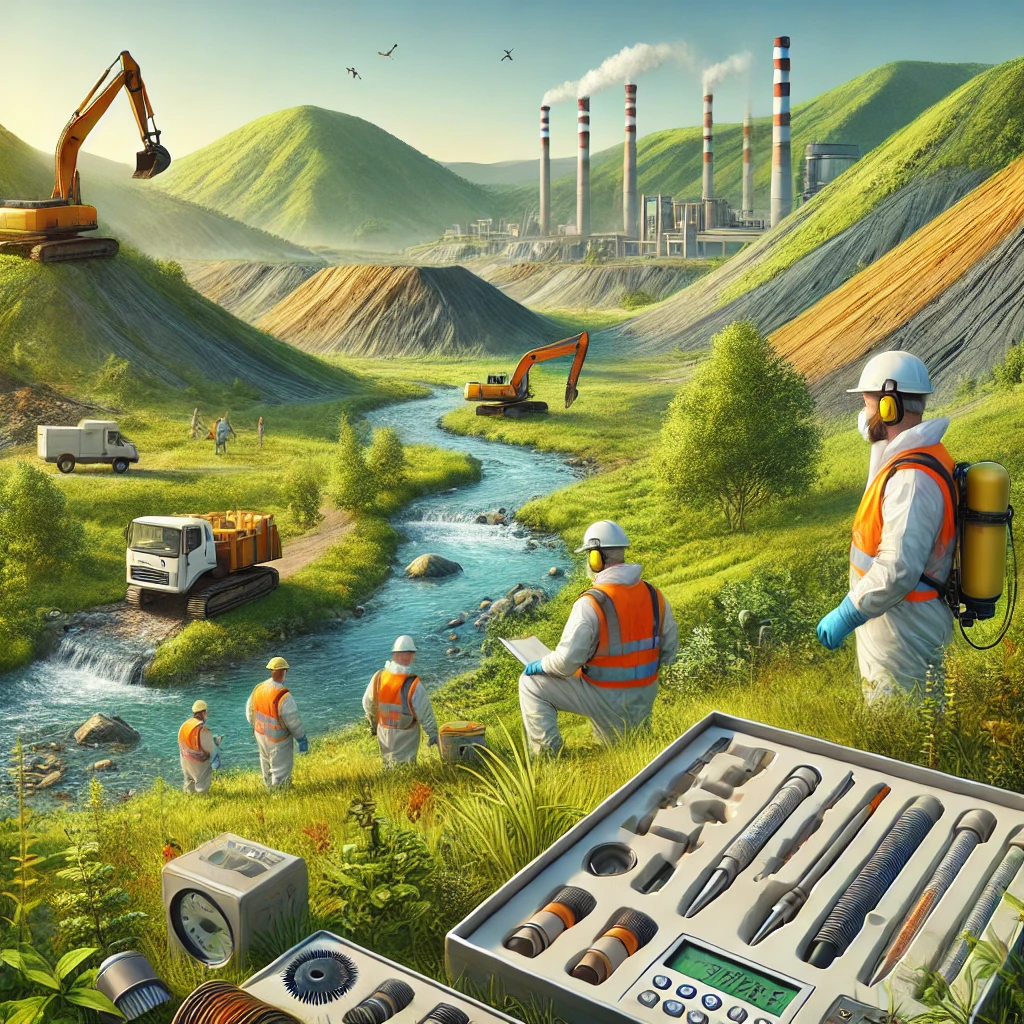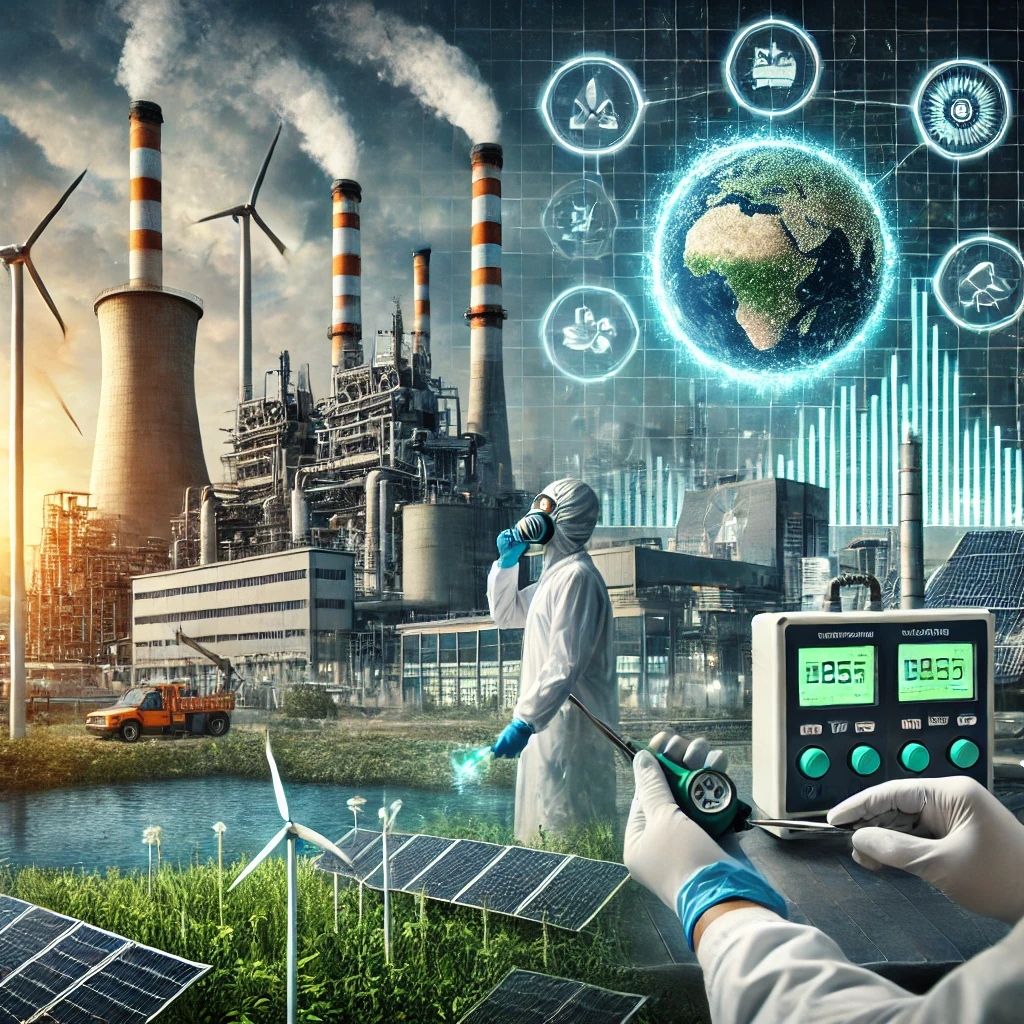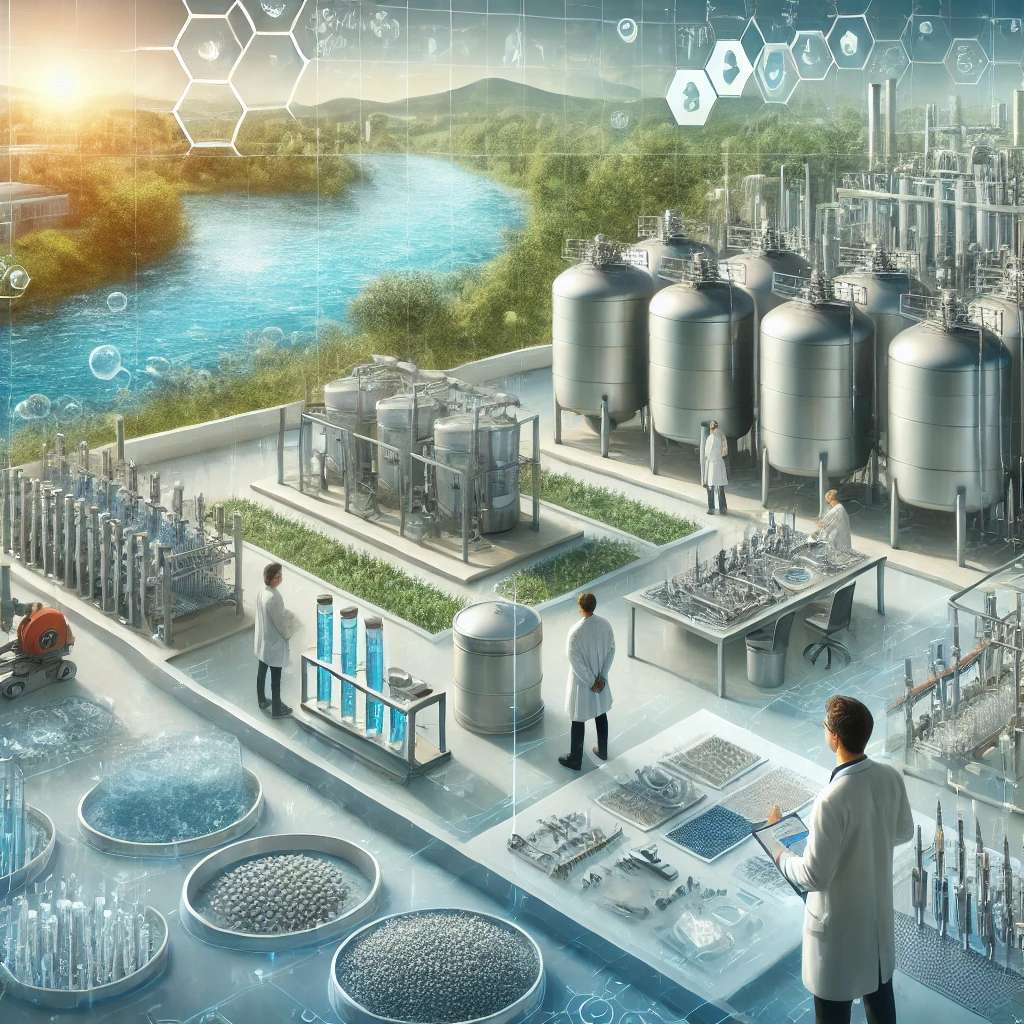Research and professional focus of the Department of Environmental Engineering
The Department of Environmental Engineering has long been involved in a wide range of research and professional activities focused on environmental protection and restoration. Key areas of its activities include:
Ecological surveys and revitalization
- Ecological surveys of post-mining areas - includes detailed phytocenological mapping and assessment of vegetation cover development.
- Revitalisation of subsidence basins and process basins - biosorption research, surface water monitoring, biological treatment of mine water, analysis of soil seed bank and community structure of phytophilic invertebrates.
- Design of new technologies for landscape restoration - development of innovative techniques for revitalisation of post-mining areas.
- Revitalisation of river systems - restoration of river ecosystems with emphasis on their ecological stability.
- Landscape and spatial planning - including the location of brownfields and proposals for their appropriate use.
Technology and industrial impacts
- Environmental impacts of industrial technologies - assessing the impacts of industrial activities and proposing measures to minimise them.
- Evaluation of thermal waste recovery methods - focus on pyrolysis and its environmental impacts.
- Environmental Impact Assessment (EIA) - comprehensive analyses and expert opinions.
Water management
- Water treatment and wastewater treatment technologies - includes processes such as clarification, flocculation, filtration, flotation and membrane technologies.
- Decontamination and revitalisation of water resources - research into biological methods of mine water treatment and application of modern technologies.



Waste management and sustainability
- Elimination of the impacts of waste and industrial activities - innovative approaches to minimise environmental impacts.
- Treatment of biogas plant sludge - evaluation of sludge as a potential source of nutrients for crops.
- Biodegradation of oil and sludge decontamination - application of advanced biological methods.
- Vermicomposting - research and use of earthworms in the decomposition of organic materials.
Research on raw materials and bioflotation
- Desulphurisation of lignite - use of the bacteria Acidithiobacillus ferrooxidans.
- Flotation optimisation of hard coal and plastics - includes bioflotation and development of new flotation reagents.
- Bacterial leaching - recovery of metals from mining tailings, metal bearing wastes and metallurgical residues.
- Biodegradation and bioflotation - research on the effect of bacterial leaching on coal and its properties.
Through a multidisciplinary approach and collaboration with scientific and industrial partners, the department contributes to the development of sustainable solutions for environmental protection and restoration.